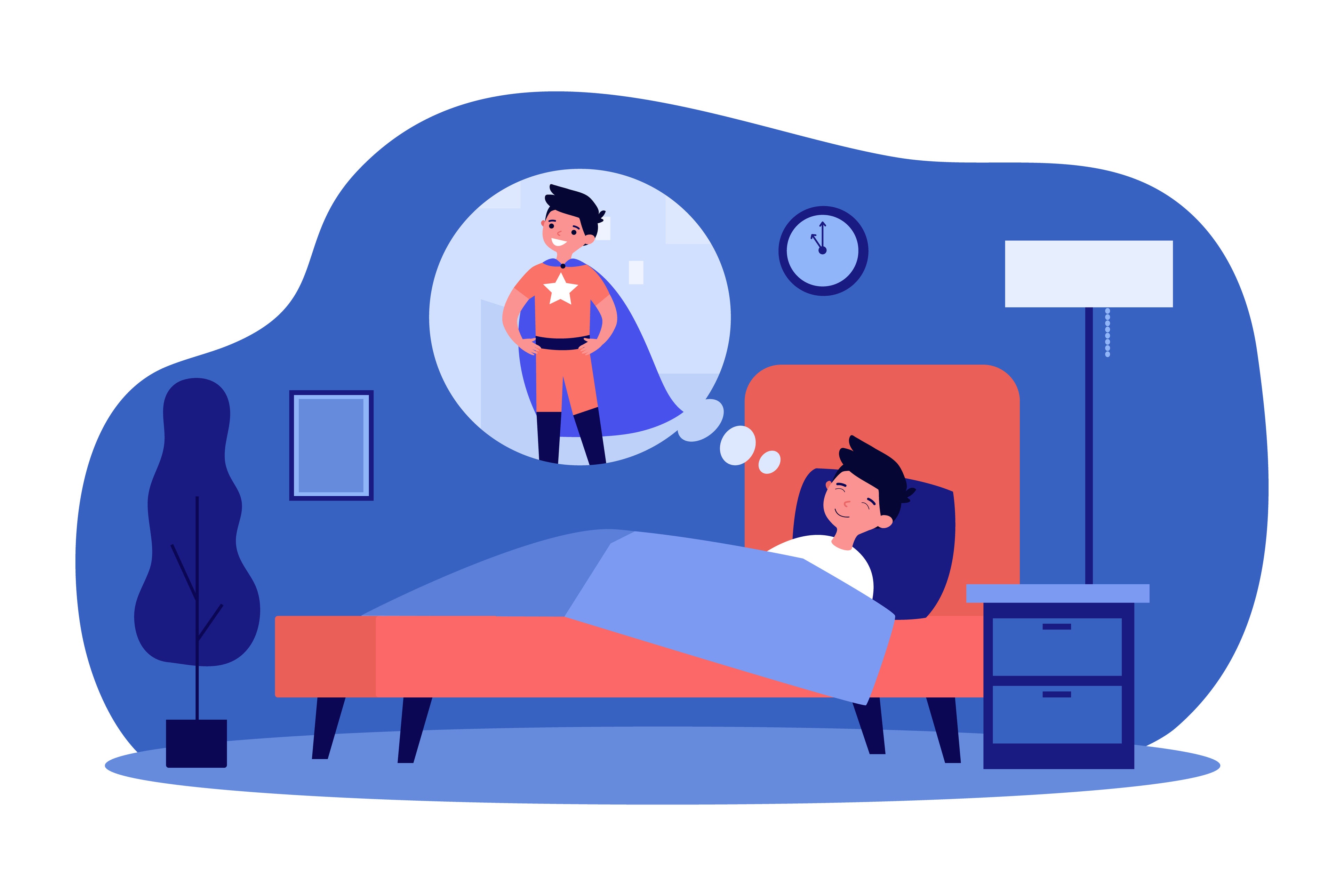Can we lose our sense of taste, and why do we dream?
We explore some of the curious questions that science can answer

Can we lose our sense of taste and smell?
Yes, and people who go to their GP reporting a loss of either sense are, after testing, found to be either completely without smell or taste sensations or they may have a reduced sensitivity to particular tastes or smells. In some disorders of the chemical senses, the system may misread and distort a smell, a taste, or a flavour. Or a person may detect a bad smell or taste from a substance that is normally nice. Smell disorders are more common than taste disorders and both are potentially serious. A person with faulty chemosenses is deprived of an early warning that most of us take for granted. Smell and taste alert us to fires, poisonous fumes, leaking gas, and spoiled food and beverages. Smell and taste losses can also lead to depression because eating just isn’t fun anymore.
Some people are born with poor senses of taste or smell, but most develop them after an injury or illness. Upper respiratory infections and head injuries are frequently blamed. Loss of the sense of smell can result from polyps in the nasal cavities, sinus infections, hormonal disturbances, or dental problems. Loss of smell and taste also can be caused by exposure to chemicals such as insecticides and by some medicines. For example, many patients find that their sense of taste and smell is affected after receiving radiation therapy for cancers of the head and neck.
The extent of a particular person’s problem can be determined by measuring the lowest concentration of a chemical that he or she can detect. A patient also may be asked to compare the smells or tastes of different chemicals or to note how the intensities of smells or tastes grow when a chemical’s concentration is increased.
Scientists have developed a “scratch and sniff” test to evaluate smell. A person scratches pieces of paper treated to release different smells, sniffs them, and tries to identify each one from a list.
In taste testing, the patient responds to different chemical concentrations: this may involve a simple “sip, spit, and rinse” test, or chemicals may be applied to areas of the tongue.
How much does the cortex of the human brain weigh?
The cortex has been estimated to contain about 15 billion to 25 billion nerve cells. That is about a quarter of all the cells in the brain. But these estimates are notoriously unreliable. We do know it is about 3mm thick. So if about half the brain weight is nerve cells and the rest is fibres, and if one-quarter of the cells are in the cortex, it ought to be about one-eighth of the weight of the brain. That would make it about 150200g – let’s say about 6 ounces.
How many blood cells are there in an average person?
There are about 5 billion red blood cells in every millilitre of blood, which gives a total of 245,000,000,000 (245 billion) in the average-sized person.
They are all sent around the body once every minute.
How fast do sprinters run?
Over short distances, the fastest sprinters can reach speeds of over 44km/h (almost 28mph).
Why do people dream?
Most dreams are based in familiar surroundings and are about events, emotions and thoughts recently experienced. Why we dream, though, is not clear. We know that the brain needs constant stimulation to work normally. One idea is that dreaming is a way of helping to maintain brain function during sleep, when the amount of brain stimulation from other sources is non-existent. Some people think dreams have meaning, but most believe they are just random thoughts in the brain.
Join our commenting forum
Join thought-provoking conversations, follow other Independent readers and see their replies
Comments
Bookmark popover
Removed from bookmarks